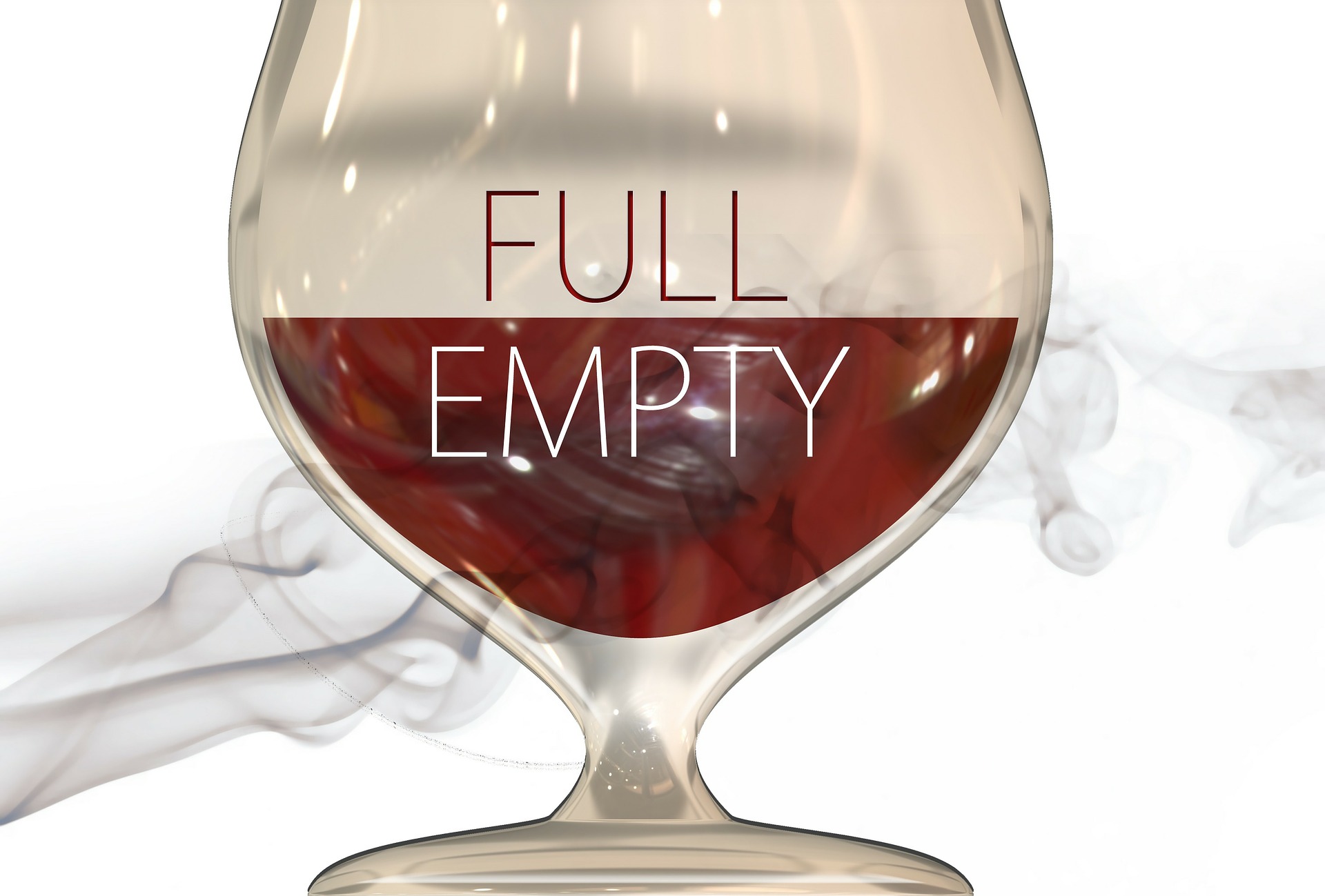Cognitive aspects of stress

The argument that it is the interaction of cognitive and physiological responses that lead to how we experience stress is the basis of Lazarus & Folkman's (1984) Transactional Model of Stress and Coping. The researchers define stress as neither a result of the disposition of an individual nor the nature of the environmental stressor, but the "transaction" between the two. The theory argues that it is the appraisal of the environmental stressor that leads to an emotional response - or the lack thereof.
Cognitive appraisal is defined as one's personal interpretation of a situation. It is how an individual views a situation in terms of expecting either a positive or negative outcome. The transactional model defines stress as arising from the appraisal that a stressor in the environment will threaten one's well-being. The theory argues that there are two types of cognitive appraisal. In primary appraisal, a situation is perceived as being either irrelevant, beneficial or stressful. In secondary appraisal, the individual considers "what can be done about this?" Cognitive appraisal then leads to the stress response - or the lack thereof.
The theory is criticized because it doesn't really consider the physiological response to a stressor. It simply argues that when we don't have the resources for coping with the stressor, we experience stress. It does, however, explain individual differences when confronted with a stressor - that is, why one IB student breaks down in anticipation of mock exams, while another student sees it as a personal challenge and feels good about the experience - even though both students have the same level of competence in their courses.
Modern interpretations of this model also consider the role of optimism and pessimism as schema through which we interpret a stressor. This has been the basis for positive psychology. The theory is that those with an optimistic outlook on life are cognitively more likely to recall positive strategies for resolving stressful situations and see that they have the ability to change the situation if they want to. It could, however, have more to do with the lifestyle of an optimist. Optimists tend to live healthier lifestyles that include more physical activity and a healthier diet. This may also play a role in how stress plays a role in their lives.
A study by Jobin et al (2014) looked at the role of optimism on stress and health. Participants reported the level of stress they perceived in their daily lives. They also took a test to measure their level of optimism and pessimism. Researchers then measured cortisol levels over a 6 year period in a sample of 135 adults. Jobin found that on days where the participants experienced higher than average stress, that's when the pessimists' cortisol levels were elevated and those levels of cortisol were sustained for a longer period of time than was observed in the optimists.
ATL: Reflection
 Optimists have a general tendency to expect positive outcomes. They have a hopeful view of life and tend to always find "the good side" in others and in situations.
Optimists have a general tendency to expect positive outcomes. They have a hopeful view of life and tend to always find "the good side" in others and in situations.
Pessimists have a general tendency to expect negative outcomes. Pessimists like to hear what the problems are, so they can correct them. Part of why pessimists generate negative thoughts is that they believe it helps them perform better.
Do you consider yourself an optimist or a pessimist? What is your evidence for this?
How do you think that being an optimist or pessimist affects you in the IB program?
Do you consider yourself an optimist or a pessimist? What is your evidence for this?
The key here is to have students reflect on the meanings of the two words - is this a "stable trait" or is this a "context-dependent trait?" You may also want to give them the following article to read for discussion.
How do you think that being an optimist or pessimist affects you in the IB program?
This is a good question that allows students to think about how their own approach to their studies may be a reflection of their personality. Student comments will generally reflect what is referred to as "fixed" vs "growth" mindsets.
Longitudinal studies show that HIV-positive people who have more pessimistic expectations develop HIV-related symptoms more quickly, and die of AIDS sooner (Reed et al. 1999)
Social self-preservation theory suggests that threats to one’s “social self”, or to social esteem and status, are associated with specific negative cognitive and affective responses, such as shame and humiliation. It seems that such threats can influence physical health—for example, via the immune system or through increased levels of cortisol. According to Kemeny (2004), HIV infection often occurs in stigmatized groups (e.g. gay and bisexual men or drug abusers) and is a stigmatizing sexually transmitted disease itself. HIV-positive gay and bisexual men who are particularly sensitive to rejection related to their sexuality show more rapid progression of the disease than those who are less sensitive to such social-self threats. Social self-preservation theory predicts that biological responses to stress are mediated by self-conscious emotions such as shame and sensitivity to rejection.
The psychological aspects of stress are bidirectional - our cognition - that is, our processing of information - can lead to stress, and stress can have a negative effect on our cognition.
Checking for understanding
1. According to Lazarus & Folkman's Transactional Model of Stress & Coping, what is the difference between primary and secondary appraisal?
Primary appraisal assesses the level of threat or benefit of the stimulus to the individual. Secondary appraisal determines what resources the individual has to cope with the stressor. Negative stress responses occur when the primary appraisal is that the stimulus is a threat and the secondary appraisal is that the individual does not have the means to cope with the stressor and feels that they have no control over the situation.
2. What is the key strength of Lazarus & Folkman's model over biological explanations of stress?
Unlike biological models, Lazarus & Folkman's model helps to explain individual differences in stress reactions and the long-term health of individuals, regardless of how many stressful life events an individual may experience.
3. What concerns should you have about Jobin et al's research on the role of pessimism on health?
First, we should be concerned that the research is so recent. In order for us to draw a strong conclusion about the results, the study needs to be replicated. Because the study was both longitudinal and prospective in nature, this will be difficult to replicate. Secondly, the variable of "optimistic" vs "pessimistic" was measured through self-reported data. This could be problematic and affect the validity of the study. Lastly, since the study took place over six years, you should wonder how many times the cortisol levels of the participants were measured. It was only 12 times. The study does, however, raise some interesting questions and generates further research. Time will tell if the conclusions can be supported.

 IB Docs (2) Team
IB Docs (2) Team
